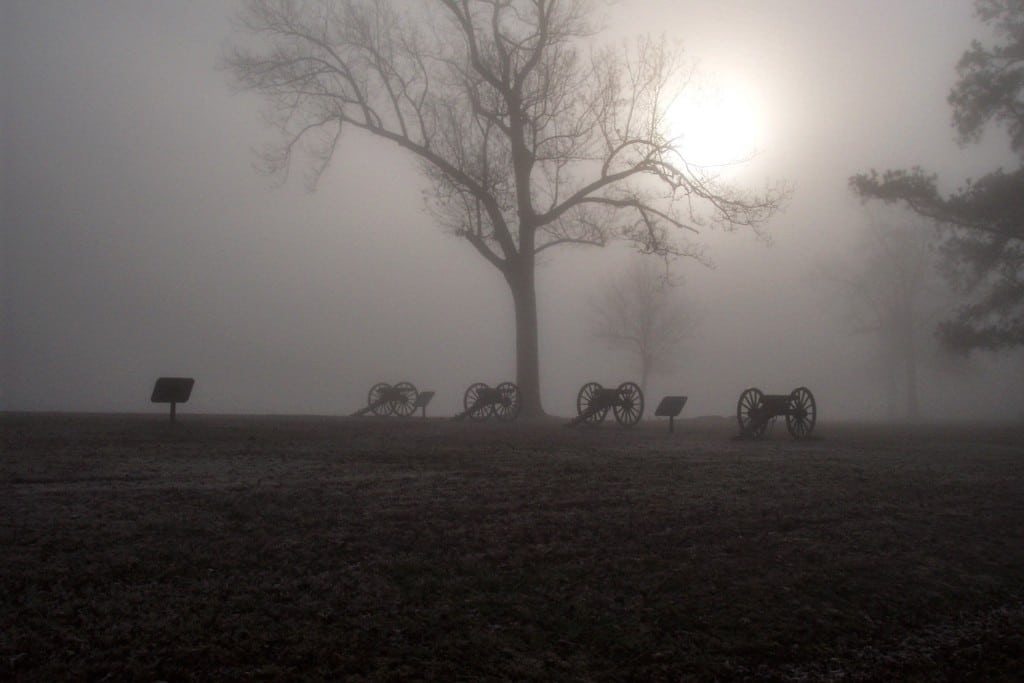Each month in The Tennessee Magazine, we feature a history lesson. Bill Carey, “the Tennessee History Guy,” provides readers a unique glimpse into our state’s past. More often than not, the column brings to light interesting historical tidbits that most of us didn’t know about. It’s consistently among the greatest conversation-starters for the magazine, generating letters each month from appreciative readers.
It is important to learn more of our past. History helps us understand change and see how our current society came to be. It creates educated, well-rounded adults. Studying history puts the present into perspective.
Though his articles in the magazine are for all ages, Bill’s “day job” is operating Tennessee History for Kids. Most public school pupils in the state have no Tennessee history or civics textbook, even though students in about half of the grades are required to learn parts of the subject every school year.
Because of this, it is important that students have a place to go for information on our state’s rich history.
Tennessee History for Kids was established in November 2004 to improve this situation. Today, the organization provides email alerts, posters, videos, training resources for teachers and Tennessee history “text-booklets” for students to use in class. About 8,000 teachers use Tennessee History for Kids.
Current events are important, but so is history. Is it more important for students to know the location of the nearest Pokemon stop or the significance of Cornelia Fort, tent cities, Highlander, William Blount, the Donelson Party, Thomas “Big Foot” Spencer, the Civilian Conservation Corps, the Cumberland Homesteads and Tennessee’s Civil War battlefields?
These topics could soon disappear from the state’s requirements. A few months ago, the Tennessee Board of Education began evaluating changes in the state’s history standards slated to take effect in 2019. By some measures, the proposal would effectively delete about 90 percent of Tennessee history topics and names from the state’s curriculum for kindergarten through 12th grade.
Students could no longer learn that the word Tennessee comes from a Cherokee word, “Tanasi.” They could no longer learn why Tennessee is known as the Volunteer State.
Removing a standard does not mean a specific topic will be axed from being taught in the classroom — but the topic will have to fight for limited time and resources.
The state review of social studies standards is ongoing. I urge you to get involved and provide feedback to the committee considering the changes. Go to www.tnhistoryforkids.org to learn more. While you’re there, I encourage you to note the work that Tennessee History for Kids accomplishes and the feedback from our state’s teachers.



